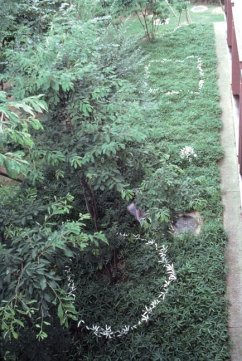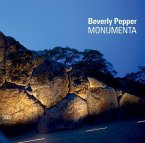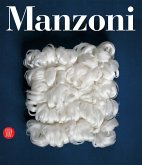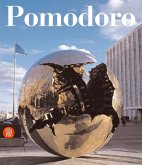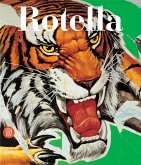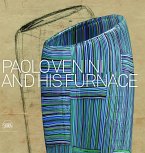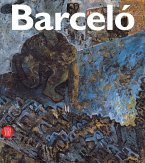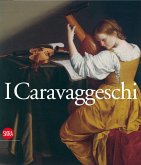One of the key figures in Japan's pivotal Mono-ha phenomenon of the late 1960s and early 1970s, artist Kishio Suga has realized a visionary practice of ephemeral, site-specific installations and performative interventions into the everyday environment. Writing is an important mechanism in Suga's artistic process, and his output spans aphoristic statements, fragmentary notes, art criticism, theoretical essays, and detective novels. Published in venues ranging from exhibition pamphlets to Japan's leading culture journals, Suga's texts deploy barbed humor and gruff intellect to prompt readers to rethink their assumptions about art and knowledge. This volume, the second of a three-part anthology, features Suga's writings from the period 1980-1989. Having challenged institutional definitions of art through his formulations of the [thing] and being left a decade prior, Suga shifts his focus in the 1980s toward de-centering the human as the sole agent of perception. In particular, he embarks on a sustained investigation into the dynamics of periphery, which informs his work through to the present. Concurrently, the museum building boom that accompanied Japan's rise to economic superpower in the 1980s precipitated a broad historicization of post-war Japanese art, and Suga devotes several important essays to reflection on Mono-ha. He also revisits his unpublished notes in a series of fragmentary texts, culminating in a retrospective compilation of aphoristic statements for his monograph Kishio Suga: 1988-1968.

